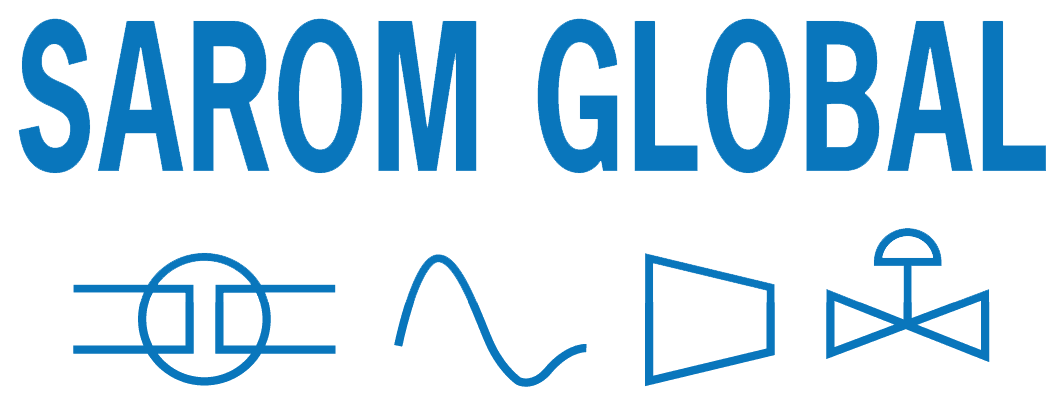
New equipment can be extremely complicated and is compounded further when there is an integration requirement to other equipment. Many Original Equipment Manufacturers (OEMs) conduct Factory Acceptance Testing (FAT) with clients to ensure performance and compliance is as specified. Our specialists have conducted many Factory Acceptance Tests and Site Acceptance Tests globally. We represent clients & their investor’s interests to ensure any issues are promptly rectified and to raise any potential problems that may have been missed in the specification that would likely result in commissioning, operational, or safety impacts.
Similarly to FAT’s, Site Acceptance Testing (SAT) ensures onsite equipment performs prior to starting up new plant and equipment. In many cases, equipment that has undergone a FAT may need to undertake an SAT. The reason being, is that site installation tends to introduce complexity and inter-system dependencies that did not exist in the factory, and therefore could not be practicably tested during the FAT.
As Factory Acceptance Testing consultants, SAROM GLOBAL pragmatically works with OEM’s and clients to ensure thorough testing, compliance and performance issues are managed efficiently. In the instance of non-conformance to specifications and standards, we can also apply our Industrial Engineering knowledge to evaluate if there has been an over-specification or a matter which genuinely requires addressing. In the instance of over-specification or matters needing attention, we can assist with a Technical Deviation Assessment and advise on both interim and long-term solutions. Doing so allows the project not to stagnate and investors to get their plant up and running safely and promptly, thereby enabling income.
The Importance of Factory Acceptance Testing services
Hiring a factory Acceptance testing consultant is advantageous not only to end-users and customers but also to those who manufacture and package the goods. This is because factory acceptance testing experts ensure that the new equipment meets all contractual requirements for both parties. It also aids in the resolution of any operational issues before the equipment arrives at the client’s installation location.
Rectifying manufacturing flaws while the system is still with the manufacturer OEM allows the project’s timetable and budget to be controlled better. The FAT is a cost-effective solution that is preferable to dealing with problems after the fact.
Are Factory Acceptance Testing services different from Site Acceptance Testing services?
It depends on what is specified, required or identified during the SAT or FAT. Some tests may be identical, but duplication, unless there is a genuine need, should be avoided. Examples when there may appear to be duplication but in fact may not, is during integration testing where for example one equipment needs to interface to another. e.g. Say a gas turbine is purchased that is required to be interfaced to a site DCS (Distributed Control System), there will likely be an interface specification and simulation. Having a simulator that precisely behaves as a DCS or the exact target DCS may not be practical or concerning schedule and budget. As such the integration and communication Function Testing may be more thoroughly achieved at the site, hence a Site Acceptance Test with complete Function Testing.
Function Testing can be conducted both at the FAT and or SAT. Ultimately the Function Testing must perform in the target site system. Hence ensuring the designed functions perform at site is important, as required. Site Function Testing, is practically a necessity to avoid start up and commissioning delays. This is evident by the ever increasing technology types, their deployments and integration.
Testing be it FAT or SAT should be thorough and extensively test and inspect Process Equipment such as Heat Exchangers, Distillation Columns, Reactors, Turbines and Pumps, Boilers, Valves, Measurement & Instrumentation. The Function Testing should exhaustively test the related Process Control & Automation Functions for conformance to Process Control & Safeguarding design and detailed design specifications.
Protocols of Factory Acceptance Testing
Here are three FAT protocols for a successful factory acceptance test.
FAT & SAT Planning
Planning is the initial step of a Factory Acceptance Test and Site Acceptance Test methodology. During the bid phase of the customer’s order, the manufacturer / Original Equipment Manufacturer (OEM) determines the first scope of the FAT to be given. All necessary customer specifications, standards, and drawings are included in the design. The FAT’s scope aids in determining the acceptance and trustworthiness of the equipment being provided. This scope is discussed with the customer ahead of time to ensure that all expectations and criteria are met. And FAT & SAT scope and planning is then adjusted as part of a review process. The review process requires specialist expertise which SAROM GLOBAL can assist with.
Material Documentation and Engineering
A complete collection of reference documentation will be created prior to the FAT testing. The following documents will be included, but not limited to the following:
- Scope and requirements of the customer
- Illustrations (GA, P&ID, etc.)
- Sheets of Information
- ITP (Inspection Test Plan)
- Codes and references that apply
- Specific Checklists and Procedures for the FAT
- Contract-mandated calibrations and certifications
Other manufacturing documents are evaluated by the manufacturer / OEM in addition to the documentation listed above to ensure that the equipment produced meets the design drawings and the customer’s specifications prior to the FAT. Any instrumentation that is used to record data at the time of the test will be checked to ensure that it is up to date in terms of calibration, as needed by manufacturer or customer specifications.
Testing
The following items should be completed during the Factory Acceptance Test:
- ITP and FAT Procedure.
- The customer will receive raw data, which will be documented and sent, reviewed, approved and accepted.
- GA (General Arrangement drawings), P&ID (Piping & Instrumentation Diagram), and electrical drawings will be evaluated.
- Procedures for NDE (Non Destructive Examination), coating, transportation and storage will be examined. This may also include PMI (Positive Material Specification) by spectroscopy, steel and alloy Mill Certificates
- Customer specifications include job-specific criteria.
- Complete Function Testing
SAROM GLOBAL is an experienced reliable industrial process equipment supplier and client representative.
Contact us to allow our globally experienced specialists to assist you if you are a facility or plant owner in need of an independent oversight. SAROM GLOBAL is an independent specialist able to support all aspects of Industrial Engineering FAT, SAT, Function Testing and Unit Performance. Our multidisciplinary support cover, Process Engineering, Process Control Engineering, Instrumentation Engineering, Electrical Engineering, Mechanical Engineering.
Contact us
SAROM GLOBAL
info@saromglobal.com
